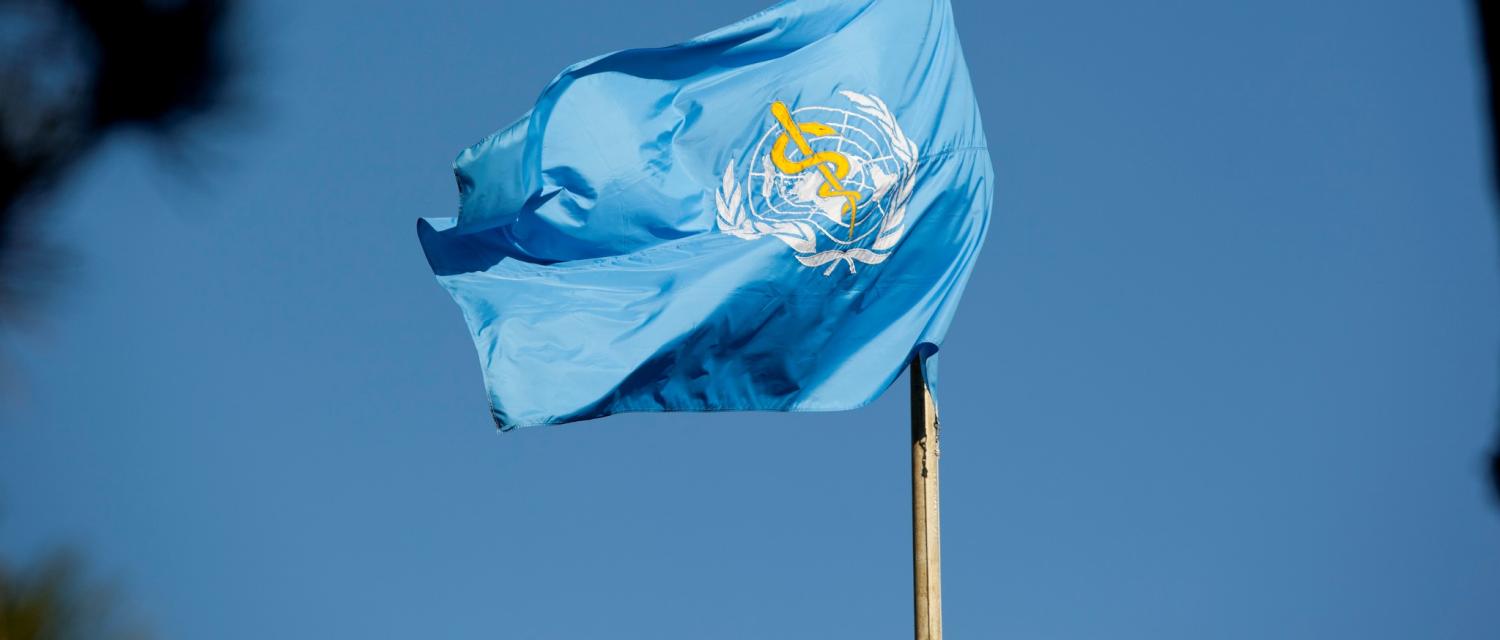Australia's tyranny of distance is no protection from global health threats. In recent months, the government has taken a number of positive steps to reaffirm the importance of international norms and cooperation to protect against threats to global health security. This includes participating in an international external evaluation of Australia's capacity to prevent, detect and respond to potential outbreaks, and appointing a new ambassador for regional health security. Australia has also established the Indo-Pacific Centre for Health Security and committed in the Foreign Policy White Paper to a series of important global health outcomes.
This ambition makes for a refreshing contrast to a global political environment of retreat from the lessons of international cooperation.
As people move more rapidly and efficiently, so do pathogens. The industrial revolution and the steam engine accelerated the spread of diseases such as cholera and plague across Europe in the mid-19th century. Outbreaks of infectious disease in capital cities prompted the development of international laws for cooperation, without unnecessarily hindering economic advances brought by international travel and trade.
In a similar way, a new era of international cooperation was triggered by the efficiency of modern air travel and the spread of pathogens such as severe acute respiratory syndrome (SARS). The public health and scientific community continuously monitors a number of avian influenza strains, most in the Indo-Pacific region, for the real risk of mutation into a strain that could cause a human influenza pandemic. The outbreak of Middle East respiratory syndrome (MERS) in South Korea and the 2013-2016 Ebola epidemic reinforce the need for constant vigilance against unexpected threats.
In 2005, the World Health Organization (WHO) adopted the revised International Health Regulations (IHR). This binding international law requires that member states, including Australia, have the capacity to prevent, detect, and respond to threats to public health. This includes updates to national legislation, ensuring surveillance and laboratory capacity to detect potential outbreaks, building rapid response capabilities, and promptly notifying the WHO of potential global threats.
Unfortunately, global implementation of these IHR capacities has been slow. In 2014, in the midst of the Ebola outbreak, only a third of countries reported meeting these requirements. In response, then US president Barack Obama launched the Global Health Security Agenda (GHSA), a partnership that bought together the WHO, non-governmental organisations and more than 60 countries, including Australia. The aim was to accelerate the implementation of IHR obligations. Two years later, the Joint External Evaluation (JEE) process was adopted to assess standards, with expert evaluation from the WHO, World Organisation for Animal Health, Food and Agriculture Organisation, INTERPOL, and other countries.
Last month, the JEE team commenced an assessment of Australia's preparedness to respond to global health threats. While the JEE process is voluntary, results are published online and will be available for review. Australia's engagement is a chance to examine areas for improvement, but also potentially a way to offer examples to other countries on how to best meet international obligations and protect national health.
Yet recent political moves to draw away from the cooperative laws and norms of the international system threaten to undermine global health security. The Trump administration's 2018 budget – 'A New Foundation For American Greatness' – proposed a cut of US $1.25 billion from health-security related programs (however, Congress has since reversed most of the proposed cuts during the budget approval process).
The Foreign Policy White Paper addresses Australia's commitment to preventing and responding to infectious disease threats. While silent on the GHSA, the White Paper reiterates Australia's commitment to the WHO and combatting antimicrobial resistance, and highlights the establishment of the Indo-Pacific Centre for Health Security. The new centre, launched in October by Foreign Minister Julie Bishop, will receive $300 million over five years and aims to promote global and regional cooperation, drawing on Australia's experience responding to infectious disease threats in the region. It follows the appointment of an ambassador for regional health security in June this year, and marks Australia's ambition to play an active role shaping the norms and technical capacities in the Indo-Pacific region and globally.
These steps are a long way from the international criticism of the Abbott government's decision to impose visa bans on West African nations during the Ebola epidemic. Then WHO chief Margaret Chan took the unusual step to condemn Australia, warning that such measures were not only ineffective but may also worsen the spread of Ebola by disrupting the movement of health care workers and goods. Australia's actions were more restrictive than WHO recommendations and not founded on a scientific or public health basis, violating Australia's international legal obligations under the IHR. Global health security relies on compliance with the IHR, especially by well-resourced countries integral in setting global norms, such as Australia.
At a time when some countries seek to retreat from the international order, risking collective security and human suffering, Australia's renewed leadership is promising. Investing in global health security when global health threats have left the media cycle highlights Australia's commitment to the importance of vigilance and international cooperation, even in the absence of an obvious crisis. With adequate resources and political will, these new measures will promote and safeguard the better health and security of not just Australians, but the global community.
